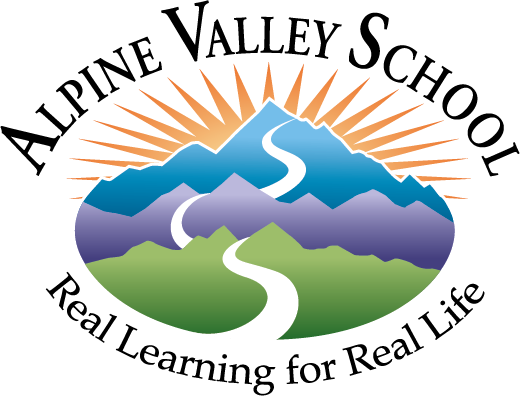Strength in Struggle
Is there anything worse than watching your child struggle? I suppose there must be something, but it doesn't immediately spring to my mind. I know that personally, those moments where I've watched my son struggling to navigate a friendship have been some of the most challenging of my life. Despite my involvement with self-directed education for the past two decades, even I find myself wanting to step in and smooth things over. If only so that I don't have to feel my own discomfort anymore.
There's a strong temptation to intervene when someone we love is struggling, and it's natural to feel that way. As parents, everything in our biology instructs us to care for our children and protect them from harm. When they come home from school and say that they've been arguing with someone or that their trust was betrayed, it can be so hard to see the lesson in those moments. We want to insert ourselves and resolve the situation to our own satisfaction. Sometimes this is appropriate (in the event of a safety issue, say), but other times we actually get in our own way, and our children's, by taking action.
What I've seen over the years as a staff member at Alpine Valley School is that parents repeatedly inserting themselves into conflict only teaches one lesson: Students cannot handle things themselves.
Unfortunately, the struggle is one of our most excellent teachers in life. When things are hard and suck, it often prompts us to learn from those experiences, if only so we don't have to suffer through the suck again. These experiences are no different for children. Struggling through the difficulties of maintaining a friendship, establishing a game's rules, or setting boundaries with others is as hard as it is essential. And if adults are continually intervening, students miss the chance to practice handling these serious situations themselves. Even if they mismanage things, kids learn valuable skills through the experience. However, suppose adults step in and negotiate the terms of their game of four-square. In that case, the kids only learn that Marc will handle it. Next time, they go straight to asking me to negotiate rather than even attempting to untangle the social situation on their own. That's not what I want for my child, and I suspect that you don't either.
All this isn't to say that adults don't play a role in helping children navigate struggle, especially in interpersonal relationships. As staff members at a self-directed school, our part is to model good behavior. Believe it or not, we argue too! Sometimes I disagree with my fellow staff member (even Larry), and we have to work through our own issues, which we do out in the open where the kids can see. We model good communication, friendship, and problem-solving, and, of course, we mess up sometimes as well. When that happens, we have an opportunity to model a genuine apology, compromise, and reconciliation. And when we're asked for advice, we give it freely but without inserting ourselves into the relationship in question.
When students grapple with learning something, perhaps even doubting their own ability, staff members offer them the opportunity to talk it through. Sometimes, we empathize with stories of our own travails, but we don't fix the situation. We know that they have to wrestle with these subjects to grow, as hard as watching may be.
Every household, and every parent, is different, and I think that's the way it ought to be. I'm not here to tell parents that they are doing anything wrong or ought to adopt our school's philosophy in their home. However, I would encourage all of us to welcome those moments of struggle when they arise. Perhaps even to take a breath and assess the situation, asking ourselves what our kids may have the opportunity to learn from this difficulty, before taking any additional steps.
Over the years at Alpine Valley School, we've seen many people struggle with all manner of situations, and we've trusted them to navigate them all. I can tell you: that trust always pays off, and students often look back with pride and accomplishment at those periods of effort. As our graduates have shared on our podcast series, they dealt with hard things, real problems, and came out the other side feeling better about themselves. What lesson could possibly be as impactful as that?
